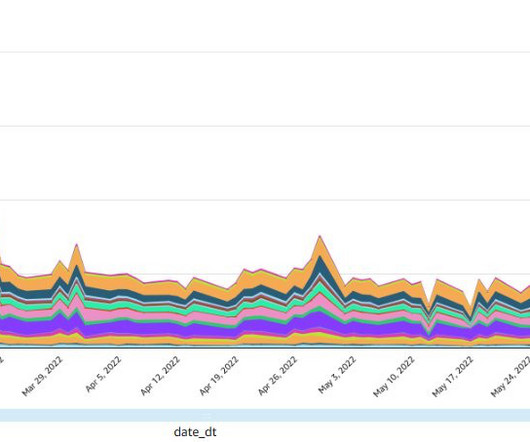Combine transactional, streaming, and third-party data on Amazon Redshift for financial services
AWS Big Data
FEBRUARY 1, 2024
The following are some of the key business use cases that highlight this need: Trade reporting – Since the global financial crisis of 2007–2008, regulators have increased their demands and scrutiny on regulatory reporting. The solution should be scalable, cost-efficient, and straightforward to adopt and operate. version cluster.














Let's personalize your content